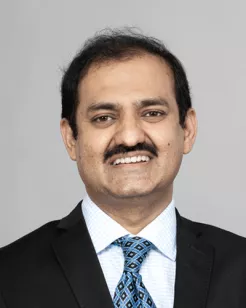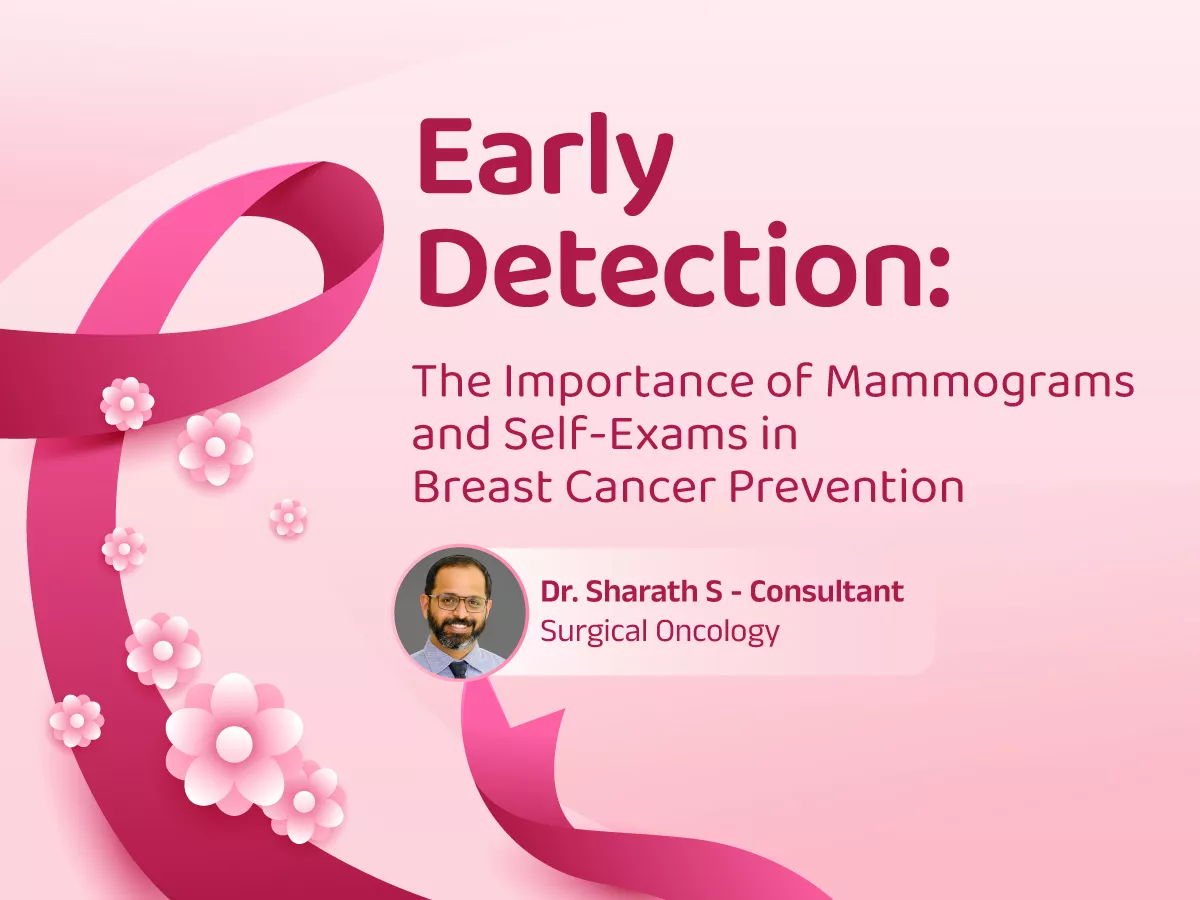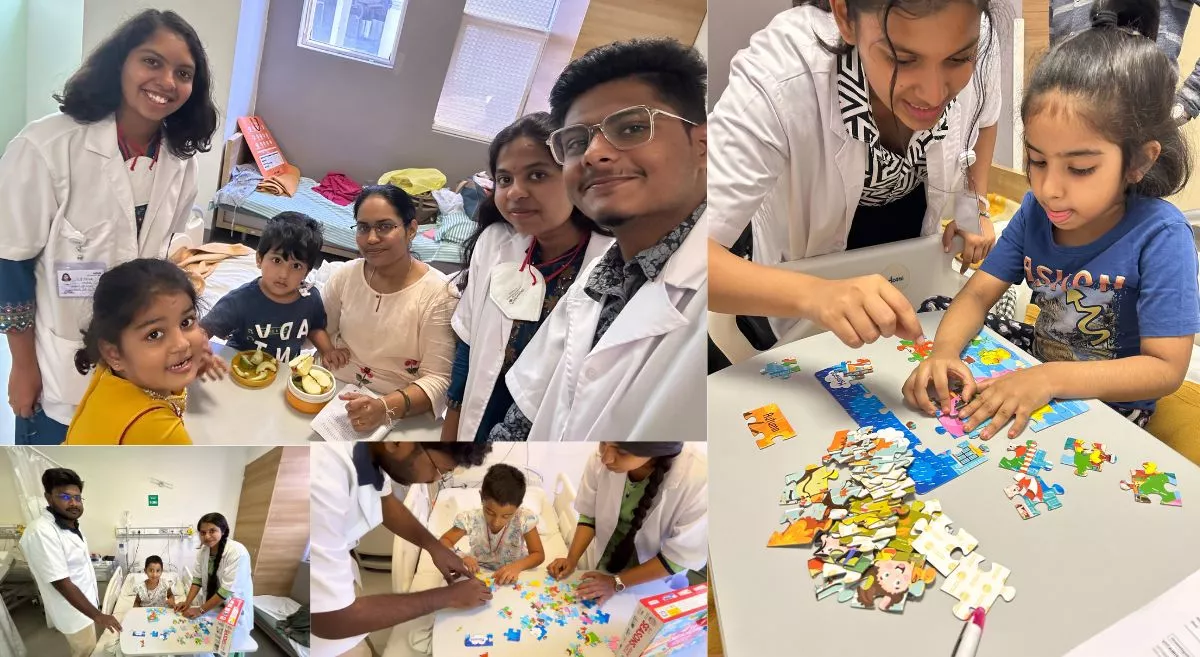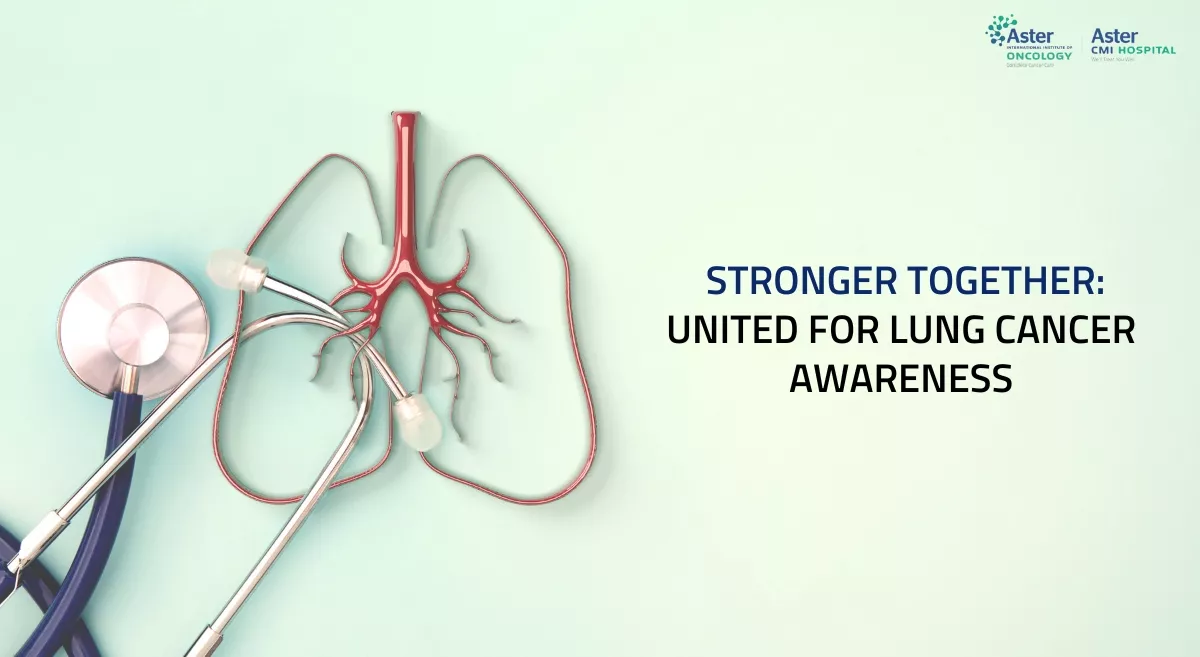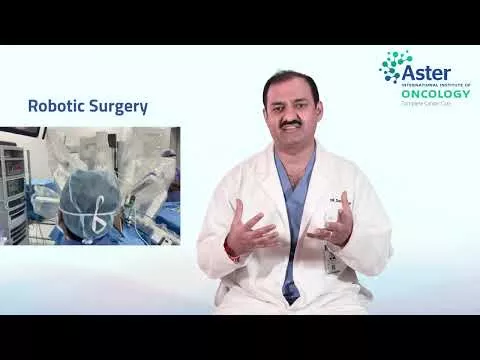Cancer is the world's leading cause of death, but early detection can save lives. The method of cancer detection before symptoms occur is known as cancer screening. Treatment is more likely to be successful if cancer is detected early when it is small and has not spread.
Cancer Screening for Men
The most frequently diagnosed in men are prostate cancer, lung cancer, and colorectal cancer.
- The most prevalent type of cancer in men is prostate cancer. It begins in the prostate gland, a walnut-sized gland that produces fluid that aids in the formation of sperm. Prostate cancer risk increases with age. Having a family history of prostate cancer, and having high levels of the hormone testosterone are all risk factors.
- Lung cancer is the leading cause of death from cancer in men. It all begins in the lungs, which are the organs that allow you to breathe. Lung cancer risk increases with age and smoking. Other risk factors include secondhand smoke, radon, and asbestos exposure.
- The third most common cancer in men is colorectal cancer. It begins in the colon or rectum, which are digestive system parts that absorb nutrients from food. Colorectal cancer risk increases with age. Being overweight or obese, having a family history of colorectal cancer, and having inflammatory bowel disease are all risk factors.
The recommended screening tests for men
- PSA (prostate-specific antigen) test: This blood test detects the presence of PSA, a protein produced by the prostate gland. A high PSA level may indicate prostate cancer, but it can also indicate other conditions such as prostatitis (inflammation of the prostate gland).
- A doctor performs a digital rectal examination (DRE) by inserting a gloved finger into the rectum to feel for any abnormalities in the prostate gland.
- Colorectal cancer screening: There are several colorectal cancer screening tests available, including:
- FOBT (faecal occult blood test): This test detects blood in the stool.
- Flexible sigmoidoscopy: This exam allows the doctor to see inside the lower colon and rectum by inserting a flexible tube with a camera on the end.
- Colonoscopy: Using a flexible tube with a camera on the end, the doctor can see the entire colon and rectum.
Cancer Screening for Women
Breast cancer, cervical cancer, and ovarian cancer are the most common cancers in women.
- The first most popular type of cancer in women is breast cancer. It begins in the breast, which is a milk-producing gland. Breast cancer risk increases with age, but it can strike at any age. Being overweight or obese, having a family history of breast cancer, and having certain genetic mutations are all risk factors.
- Cervical cancer is a type of cancer that develops in the cervix, which is the opening to the uterus. It is caused by the human papillomavirus (HPV), which is transmitted sexually. Most women infected with HPV do not develop cervical cancer, but some do. The risk of cervical cancer rises with age and the number of sexual partners.
- Ovarian cancer is a kind of cancer that impacts the reproductive organs, the ovaries. It is the most lethal of the three most common cancers in women. Ovarian cancer risk increases with age, but it can strike at any age. A family history of ovarian cancer, being overweight or obese, and having certain genetic mutations are all risk factors.
The following screening tests are recommended for women:
- The National Cancer Grid (NCG) of India recommends that women begin having annual mammograms at the age of 45. Women who are at high risk of developing breast cancer may need to begin screening earlier.
- Cervical cancer screening: Beginning at the age of 25, the ACS recommends that women have a Pap test and an HPV test every 5 years. Cervical cancer screening is not required for women who have had their cervix removed.
- Ovarian cancer screening: There is no recommended ovarian cancer screening test.
Benefits of Early Detection
Cancer is the leading cause of death in India, accounting for approximately 25% of all fatalities. Breast cancer, cervical cancer, lung cancer, and stomach cancer are the most common cancers in India. Early cancer detection can result to more effective treatments. When cancer is found early, it is often smaller and has not spread to other parts of the body. This makes it easier to treat and more likely to be cured. According to a study conducted by the Indian Council of Medical Research, women who received regular mammograms were 30% less likely to die from breast cancer than women who did not receive mammograms.
Overcoming Screening Barriers
Despite the undeniable benefits, some people avoid cancer screenings for a variety of reasons, including a lack of awareness about cancer screening, the cost of the test, a lack of access to healthcare, transportation barriers, and language barriers. It is essential that we tackle these roadblocks.
If one of these barriers is preventing you from getting screened for cancer, there are steps you can take to overcome it.
- Discuss your fears and concerns with your doctor. They can assist you in understanding the benefits and risks of cancer screening and ensuring that you receive the appropriate tests.
- Inquire with your insurance provider about cancer screening coverage. If not, there may be government programmes or community organisations that can assist you in covering the costs of the tests.
- If you need assistance with transportation or language, contact your doctor or a local cancer organisation.
- The Indian government has launched a number of programmes to increase access to cancer screening, including the Pradhan Mantri Jan Arogya Yojana (PMJAY), which provides free cancer screening and treatment to the poor.
It is critical to remember that cancer screening is one of the most effective ways to safeguard your health. Regular screenings can aid in the early detection of cancer.

